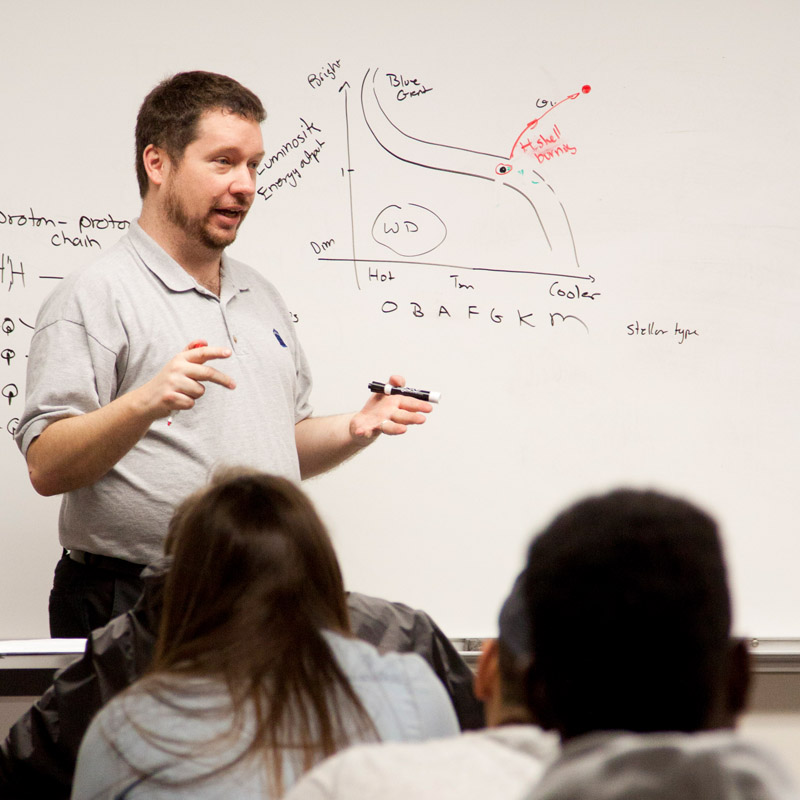| CAD 114 |
Introduction to Parametric Modeling |
Details |
3 |
| This course is an introduction to engineering design and graphics, including design problems, sketching, dimensioning, tolerancing, multi-view orthographic representations, auxiliary views, section views, and working drawings using SolidWorks. 1.5 lecture hours, 3 lab hours |
| Prerequisites: |
(none) |
|
| ECO 101 |
Principles of Macroeconomics |
Details |
3 |
| Introduction to the major areas of modern economic theory and public policy, including fiscal policy, international trade and finance, economic growth and development, and contemporary macro-economic problems. IAI: S3 901. |
| Prerequisites: |
(none) |
|
| EGR 203 |
Engineering Mechanics: Statics |
Details |
3 |
| This course teaches basic theory of engineering mechanics using calculus, involving the description of forces, movements, and couples acting on stationary engineering structures, equilibrium in two and three dimensions, free-body diagrams, friction, centroids, centers of gravity, and moments of inertia. IAI: EGR 942. |
| Prerequisites: |
PHY 227 |
|
| MAT 222 |
Analytic Geometry and Calculus III |
Details |
4 |
| A course designed to extend previously learned calculus concepts to three-dimensional space. Topics include vectors; vector functions and motion; surfaces, coordinate systems and drawing; derivatives of functions of two or more variables; applications of partial derivatives; multiple integration and integration in vector fields. IAI: M1 900-3, MTH 903. |
| Prerequisites: |
MAT 221 with a grade of "C" or above within one academic year or consent of department |
|
| PHY 228 |
Principles of Physics II |
Details |
5 |
| Continuation of the two-semester calculus-based physics sequence. This course is for engineering and science majors. A thorough coverage of the fundamental principles of physics, including electricity, charge, electric field and potential, resistance, capacitance and inductance, dc and ac circuits, magnetic field, Gauss's Law, Ampere's Law, and Maxwell's Equations, and electromagnetic waves. 4 lecture hours, 2 lab hours; IAI: PHY 912 |
| Prerequisites: |
MAT 221, PHY 227 |
|

